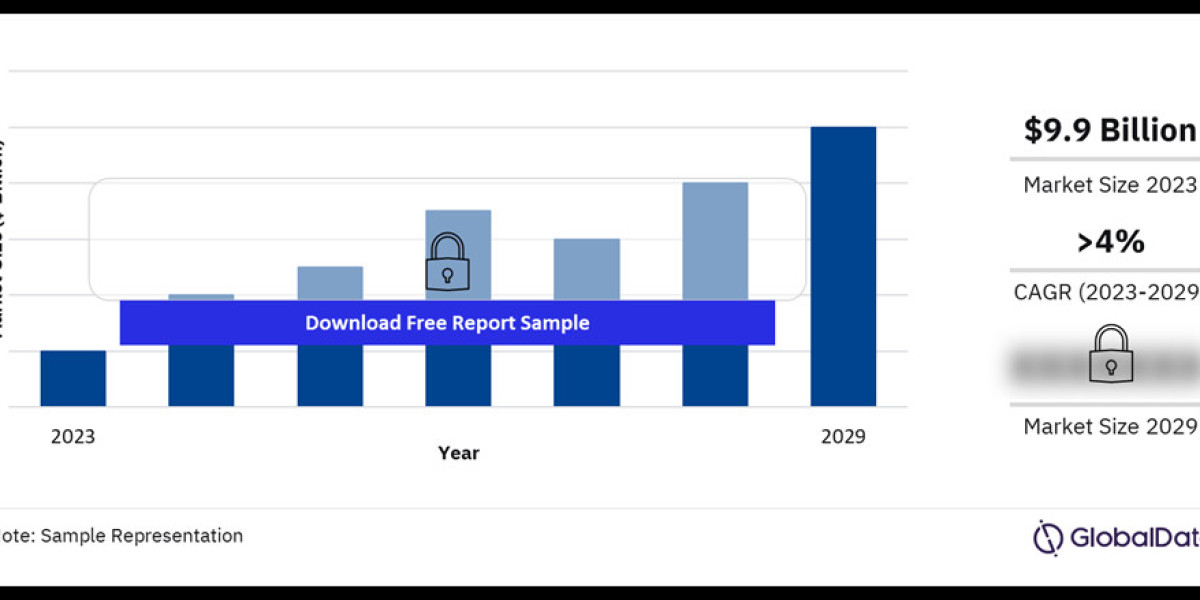Renewable energy sources, such as solar energy, are being used by industries. Why? due to the fact that this energy mode reduces energy bill expenses and environmental impacts. According to Global News Wire, India is booming in the production of Solar Transformers, and their revenue share is predicted to grow at a compound annual growth rate (CAGR) of 7.7% between 2024 and 2033.
The growing need for distributed generation and the development of new technologies that enhance performance and cost management are creating opportunities for solar power to expand in this industry. Because they can manage the particular needs of solar power generation, Solar Duty Transformers are the ideal models.
What Are Solar Duty Transformers?
Photovoltaic (PV) and solar power plant applications employ specialized transformers called Solar Duty Transformers (SDTs). This transformer is designed to manage the difficulties brought on by erratic solar power sources.
- In order to control the variations in power generation systems and outside installation conditions, this equipment is essential.
- It guarantees dependable, effective operation of solar power systems and seamlessly regulates and transfers the energy generated by solar panels to grid storage systems.
- The loads and environmental circumstances under which the solar duty transformers function vary.
Their modest or compact design enables easy installation and adaptability in constrained areas. The nicest part about them is that they can survive hard surroundings and severe weather.
Uses of Solar Duty Transformers (SDT)
These transformers have many uses in solar energy systems, which include:
1. Bidirectional Power Flow Management
Power load flow can be supported by SDT. When needed, it effectively returns stored energy to the system and transfers energy from solar power generation to the grid.
2. Voltage Regulation
These transformers respond swiftly to variations in solar power output brought on by sunshine conditions while maintaining stability.
3. Smart Grid integration
They are also capable of managing the switch to solar energy and the contemporary smart power grid. They have communication ports and sensors for energy monitoring and control.
4. Electrical Isolation
These transformers provide insulation between the grid (AC side) and the inverter (DC side), shielding both the grid and the solar equipment from malfunctions and the creation of ground loops.
5. Minimize Fault Current
Solar Duty Transformers reduce the fault current and guard against overcurrent, fire, and short circuit damage to the system.
6. Step-Up Voltage
These transformers can also be used to increase the voltage during long-distance electrical transfers in order to reduce energy losses.
In addition, these transformers can offer a number of benefits, such as dielectric strength insulation, thermal management for high temperatures and climate fluctuations, electrical harmonics, and more.
Advantages of Solar Duty Transformers
- Better voltage control to shield the system from cloud or shade-induced voltage sags or surges
- Outstanding photovoltaic (PV) system fault management
reduces energy loss and increases energy efficiency when there is little load. - High management of overload during the hours of maximum sunshine
allows power to flow both ways in hybrid solar systems. - Operational costs are decreased by minimal maintenance requirements.
Conclusion
In the field of solar energy, solar duty transformers are indispensable. They are crucial in helping solar power systems satisfy their operational requirements. Because of their superior performance and ability to withstand weather, solar energy is a more affordable source of electricity. If you wish to build a solar park or solar duty Transformer in your industrial premises, Mahendra Transformers is the ideal first port of call. Solar Duty Transformers are manufactured and delivered at cheap prices by this excellent and certified organization. For what reason are you waiting? Get the best transformer for your renewable energy system right now by browsing our website.









